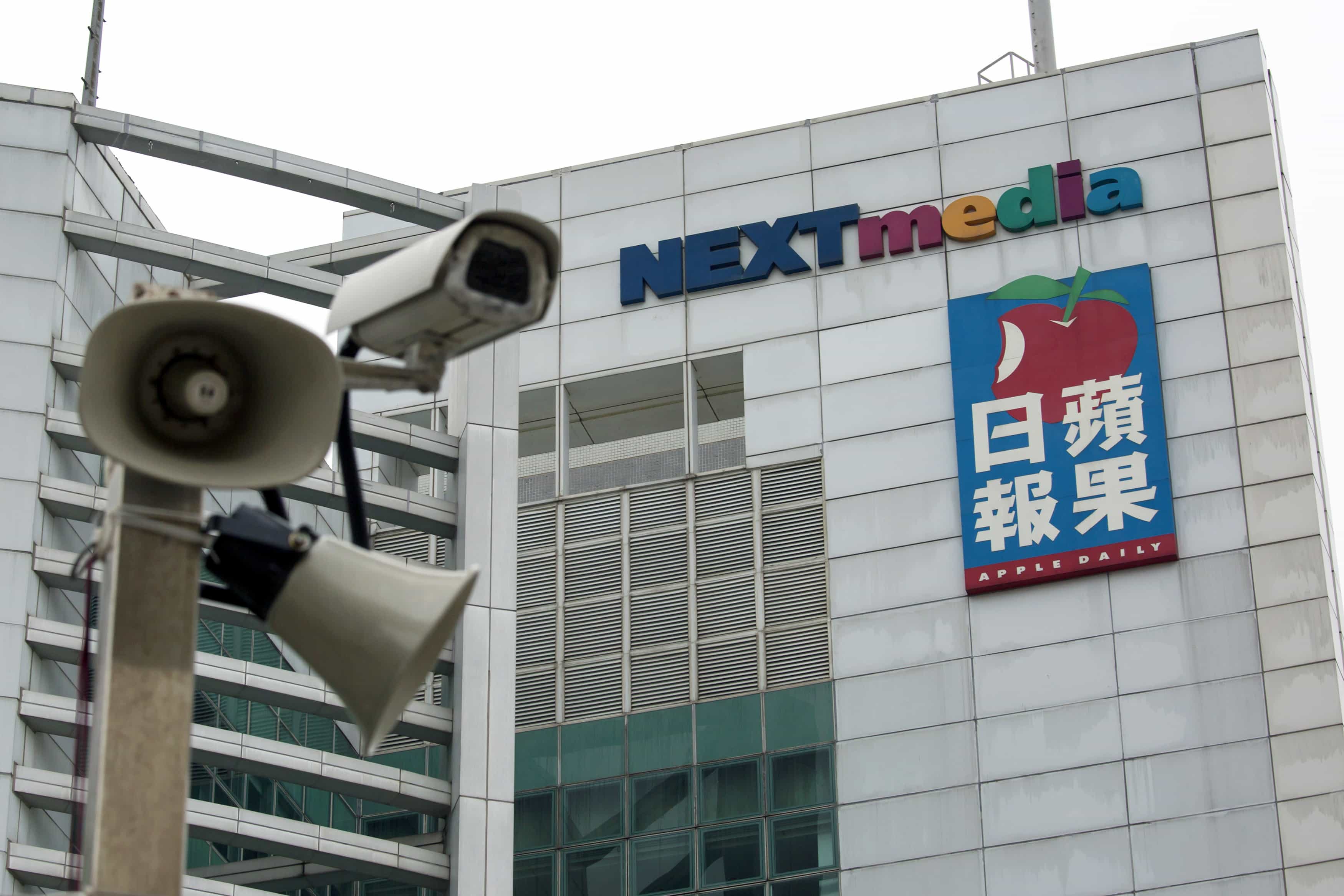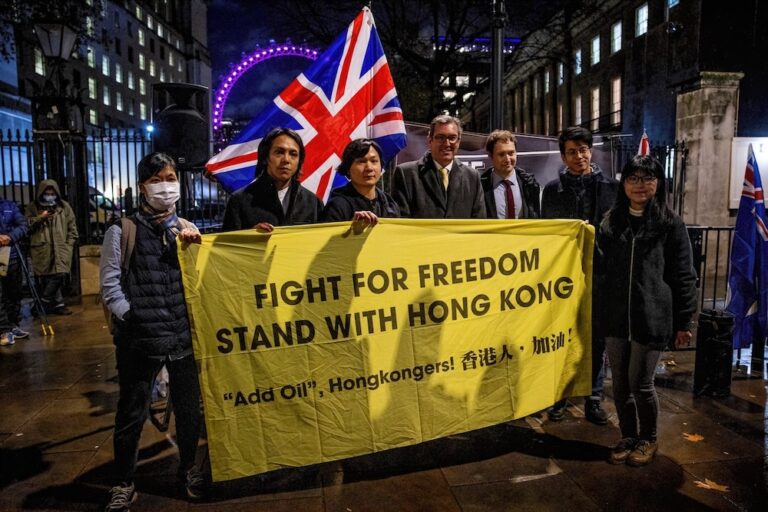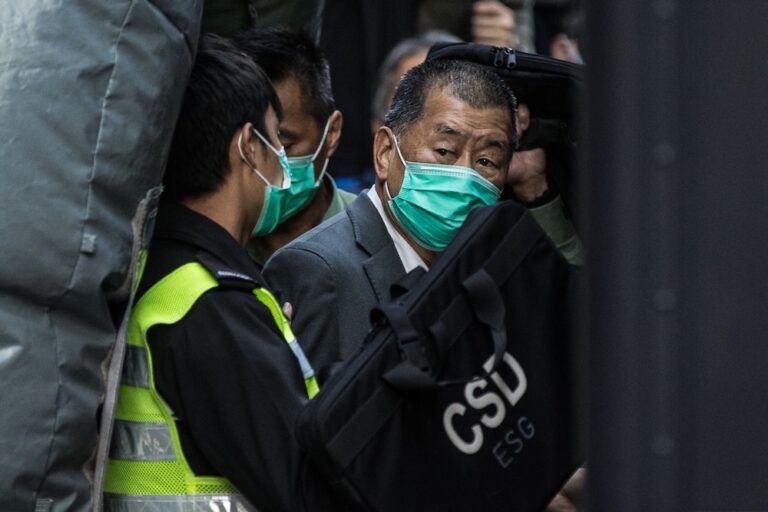Internet users and civil society groups in Hong Kong have endured cyberattacks and debated threats to privacy online in the past. But the situation has worsened significantly since June 2014.
This statement was originally published on freedomhouse.org on 22 January 2015.
By Madeline Earp
Research Analyst, Freedom on the Net
Press freedom in Hong Kong is in a steady decline, and dropped to its lowest level in a decade in 2014. Internet freedom, by contrast, has flourished, with 74 percent of the territory’s population making use of some of the fastest connections in the world, free of the censorship and rights abuses that restrict digital communication on the mainland. Now that too may be under threat.
Internet users and civil society groups in Hong Kong have endured cyberattacks and debated threats to privacy online in the past. But the situation has worsened significantly since June 2014, the same month the government in Beijing issued a contentious white paper on the “one country, two systems” agreement that had articulated the special administrative region’s relationship to the mainland after it reverted from British to Chinese rule in 1997. The paper was one of a series of efforts to hem in Hong Kong’s autonomy, including the August 31 decision restricting nominations for the 2017 chief executive election that sparked popular protests known as the Umbrella Movement in the fall.
Starting June 13, the website of an unofficial referendum on electoral reform – spearheaded by the prodemocracy Occupy Central movement – experienced crippling DDoS attacks that forced it temporarily offline. Amazon Web Services, UDomain, and Cloudflare, the service providers hosting the website, were hammered with requests for information sent by as many as 10,000 computers at once; Amazon Web Services and UDomain subsequently withdrew service, according to Global Voices Online. The disruption delayed, but did not prevent, the referendum proposing democratic reforms, which attracted almost 800,000 participants, or one in five registered voters.
The assault on the referendum site wasn’t an isolated incident. A significant cyberattack targeted the website of the prodemocracy Next Media publishing group’s Apple Daily newspaper on June 18. Hackers leaked documents about Next Media owner Jimmy Lai’s political connections in July. (Lai stepped down as chairman in December but remains a target of intimidation due to his outspoken criticism of Beijing; his home was firebombed on January 12.) In October, as the media group covered escalating protests in real time, its entire network was disrupted, including internal e-mail, according to Apple Daily. Meanwhile, security researchers documented malware circulating anonymously among demonstrators via digital messaging software. Though it purported to be a communication tool designed by Occupy Central organizers, it actually captured data from a target’s device, including location, contacts, and photos.
Politicized technical attacks are an indicator of eroding internet freedom in Freedom House’s annual survey, Freedom on the Net. (The report does not assess Hong Kong, though select incidents in the territory are considered in a comparative light in the China chapter.) Other warning signs in Hong Kong include political and economic pressure on independent online news outlets that prevent them from competing with the mainstream press. As a consequence of this pressure, upstart platforms are failing. The two-year-old House News website closed in July, citing fear of surveillance and reprisals as well as lack of advertising support. Separately, many online journalists faced discrimination from law enforcement when covering demonstrations, according to a new report from PEN American Center.
A still greater concern is the use of a broadly worded law to curtail and punish online expression. News reports say at least a dozen people were arrested in 2014 under Hong Kong’s Crimes Ordinance Section 161 on cybercrime, including a 15-year-old arrested in June for allegedly sharing information on storming government buildings. Freedom on the Net 2014 identified a global trend of governments using laws to legitimize repressive measures against their critics. Yet the Hong Kong Transparency Report 2014, published by the University of Hong Kong’s Journalism and Media Studies Centre, found inadequate oversight of government and police requests for user data. When civic mobilization online can potentially be prosecuted as a crime, this lack of safeguards is troubling.
With mainland China repeatedly scoring among the worst in the world on internet freedom, it’s easy to dismiss these issues as comparatively minor. But Hong Kong’s energetic, independent press corps has been unable to protect print and broadcast media freedom from deteriorating in the face of similar pressures. All stakeholders who rely on the free flow of online information through Hong Kong should join forces to stop internet freedom from going the same way.



